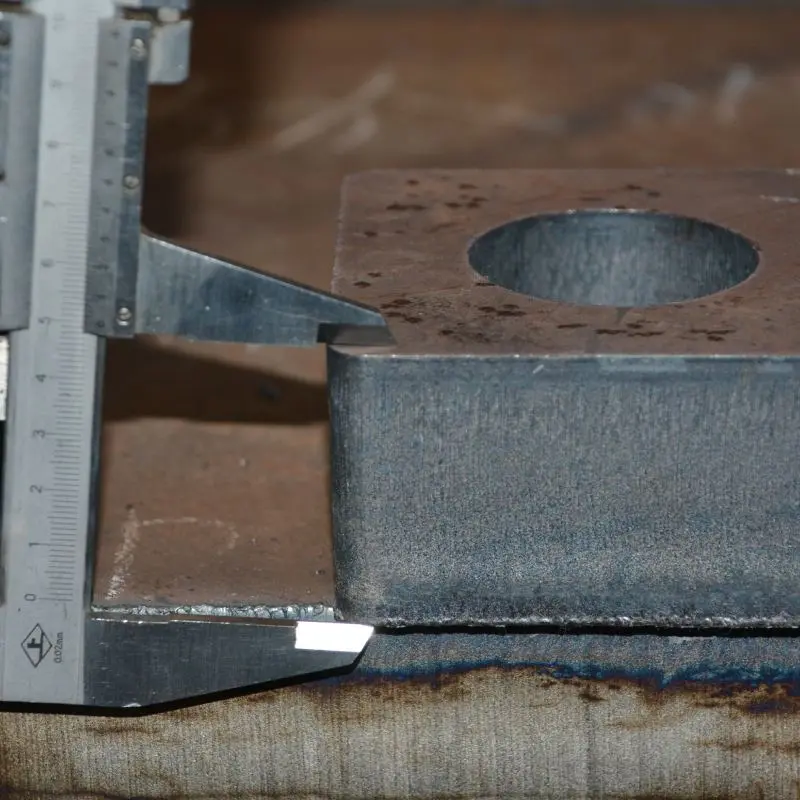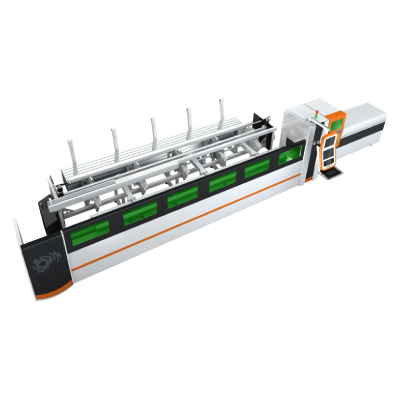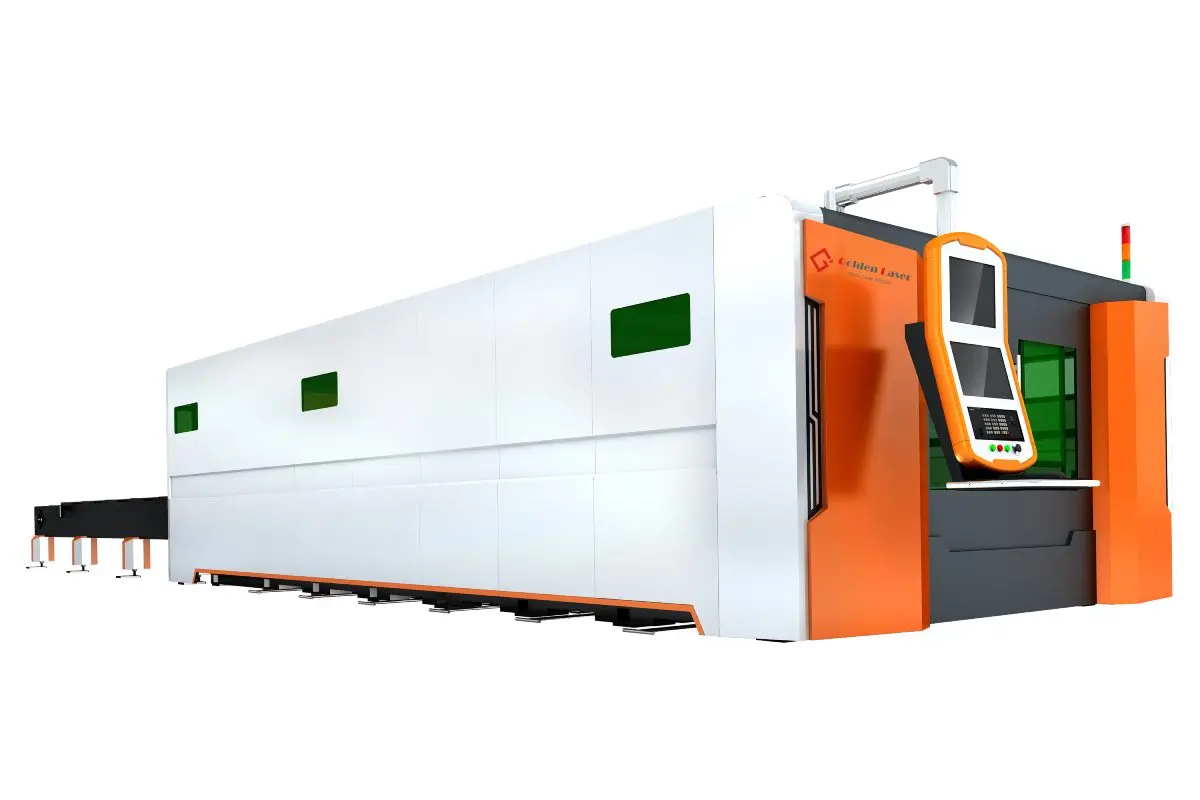In the rapidly evolving landscape of manufacturing technologies, the multi-function laser cutting machine stands out as a versatile and innovative solution that is revolutionizing various industries. Whether it’s metal fabrication, textile design, or intricate artistic applications, these sophisticated machines are becoming indispensable tools that allow manufacturers to enhance productivity and precision while reducing waste and operational costs. As industries increasingly embrace automation and efficiency, understanding the capabilities, applications, and benefits of these multi-function machines is essential.
At its core, a multi-function laser cutting machine combines various functions into a single unit, allowing for cutting, engraving, marking, and even 3D printing capabilities, all governed by a computer-controlled system. This multifunctionality is enabled by the use of advanced laser technology, typically alongside features such as high-speed motion systems and adaptive software. The flexibility of these machines makes them ideal for a wide range of applications, from delicate paper cutting to robust metalwork, facilitating seamless transitions between different processes without requiring multiple machines or extensive reconfiguration.
One of the primary advantages of using multi-function laser cutting machines is their remarkable accuracy and precision. The laser cutting process involves focusing a beam of light onto the material, creating a focused heat source that allows for clean cuts and intricate designs with minimal material wastage. This precision engineering capability is particularly beneficial for industries such as aerospace, automotive, and medical device manufacturing, where adherence to stringent tolerances is crucial for safety and performance.

Exploring the Versatility and Advancements of Multi-Function Laser Cutting Machines in Modern Manufacturing
Moreover, the integration of software solutions with laser cutting machines enhances their functionality by allowing operators to design and modify projects easily. Advanced CAD/CAM software enables users to create complex designs and simulate the cutting process before it’s executed. This not only saves time but also reduces the likelihood of errors that could arise from manual design processes. By utilizing digital tools, manufacturers can streamline their operations, achieve faster turnaround times, and meet consumer demands more effectively.

Exploring the Versatility and Advancements of Multi-Function Laser Cutting Machines in Modern Manufacturing
In addition to precision, multi-function laser cutting machines offer significant operational efficiency. These machines can often process a variety of materials including metals, plastics, wood, fabric, and more, without requiring different equipment for each type. This adaptability allows manufacturers to switch between projects quickly, optimizing workflows and reducing downtime. Furthermore, these machines require relatively low maintenance, which contributes to their longevity and reduces overall operational costs.
The environment also benefits from the use of multi-function laser cutting machines. Traditional cutting methods often generate considerable waste material, leading to increased disposal costs and environmental impact. Laser cutting, on the other hand, minimizes waste generation due to its high precision and efficiency. Not only does this provide an economic advantage, but it also aligns with the growing trend toward sustainable manufacturing practices, a consideration that has become critically important in today’s eco-conscious market.
Another aspect to consider is the potential for customization and personalization that these machines offer. In sectors such as fashion and consumer goods, the ability to produce customized items at scale is increasingly in demand. Multi-function laser cutting machines enable manufacturers to easily switch from mass production to personalized pieces with little setup time, facilitating bespoke solutions that cater to individual customer needs.
As technology advances, the futures of multi-function laser cutting machines look promising, with ongoing developments in laser technology, AI integration, and automation poised to further enhance their capabilities. The rise of Industry 4.0 is particularly pertinent, as the incorporation of IoT (Internet of Things) technologies allows for real-time monitoring and data analysis, improving decision-making and efficiency in manufacturing processes.

Exploring the Versatility and Advancements of Multi-Function Laser Cutting Machines in Modern Manufacturing
In conclusion, multi-function laser cutting machines are becoming fundamental to modern manufacturing, offering unparalleled versatility, precision, and efficiency. As industries continue to innovate and seek out optimized solutions, these machines are proving to be critical assets that not only enhance productivity but also promote sustainability and personalization. Understanding their applications and benefits can position businesses to take full advantage of the technological advancements that define this era, ensuring competitiveness in an increasingly demanding market. Investing in a multi-function laser cutting machine is not merely an operational choice; it’s a strategic decision that can shape the future of manufacturing. Laser Cutting Machine 2018



